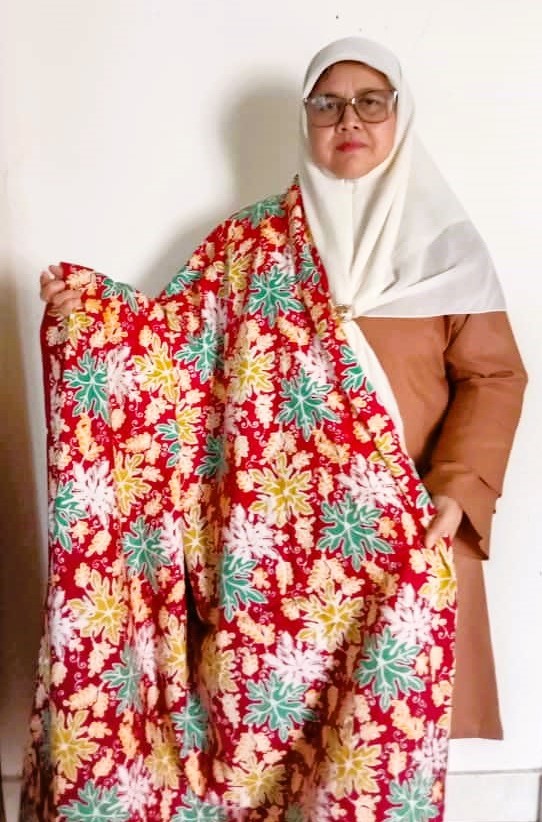
EAST BELITUNG – Batik, an Indonesian cultural heritage, has been recognized by UNESCO as a world cultural heritage since 2009. Batik is not just a patterned fabric but reflects the richness, history, and pride of the Indonesian nation.
PT Timah directly supports the preservation of batik in the company's operational areas by nurturing batik artisans. Every region has batik patterns that depict the beauty of its area.
One of PT Timah’s fostered batik artisans, Ira Afriliana, shared her experience as a batik artisan since 2017. The woman behind the Sanggar Batik De Simpor brand introduces the beauty of Belitung Island through batik patterns.
For Ira, being a batik artisan is a way to develop creativity, especially since batik offers a foundation for starting a craft business.
“Batik is a cultural heritage that many people love. I want to promote batik with distinctive patterns from our area, Belitung Island,” she said when contacted on Tuesday (1/10/2024).
Sanggar Batik De Simpor, located on Jalan Laskar Pelangi Dalam 2, Lenggang Village, Gantung Subdistrict, East Belitung Regency, produces various batik products such as batik fabric, shirts, scarves, and several other products.
The batik patterns they offer are also diverse, such as simpor leaves, and simpor flowers—native to Belitung. They also create patterns like keramunting, rambai katis, and ikan cempedik (local fish).
Since 2019, Ira’s Batik De Simpor business has received support from PT Timah. PT Timah provided capital assistance to develop her batik business. In addition to that, they also provided guidance and promotion to increase the recognition of her products.
“By becoming a fostered partner of PT Timah, we have received much assistance to develop our business, especially in terms of capital. PT Timah also helps promote us through exhibitions, MSME bazaars, and through Rumah BUMN in Belitung,” she said.
Being a batik artisan is not easy, and there are many challenges, such as limited marketing, especially in penetrating the youth market, and high production costs due to rising raw material prices. Meanwhile, the market demands affordable batik prices.
Ira hopes that on this National Batik Day, with proper support from the government, private sector, state-owned enterprises (BUMN), and various organizations, batik artisans will continue to thrive.
“We need support from everyone, such as training for artisans so they can produce works that not only maintain tradition but can also compete globally,” she said.
Using batik products from artisans is a concrete step to support the preservation of batik and help artisans stay afloat.
“Using and promoting batik is a concrete step to keep it alive and growing amid modernity. Let’s celebrate National Batik Day by wearing local batik,” she hoped.
PT Timah remains committed to supporting batik preservation, not only by fostering existing artisans. PT Timah has also conducted batik-making training for community groups.
One such training includes eco-print batik training for women's groups in Air Abik Hamlet, Bangka, batik-making training with female inmates at Pangkalpinang Women's Prison, and batik-making training for MSMEs on Belitung Island. (*)